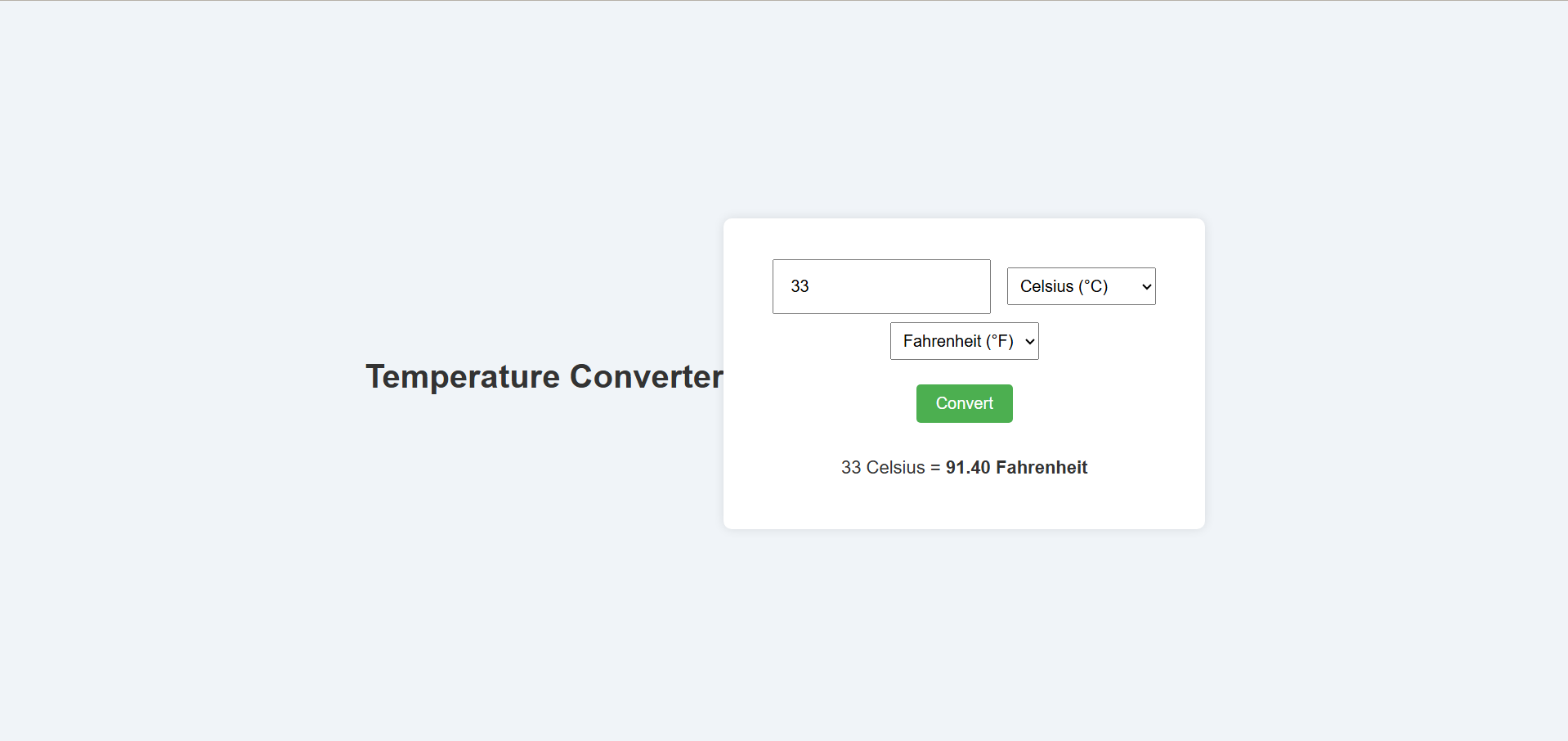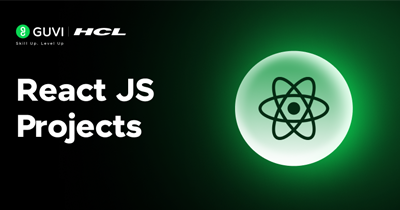Differences between Cpp Variable Types
Differences between C++ Variable Types
While all variable types in C++ are used to store data, there are significant differences between them in terms of data storage, memory allocation, performance, and efficiency. Here are some key differences between the variable types:
1. Data storage and memory allocation
Primitive data types have fixed sizes and are stored directly in memory. Derived data types such as arrays and pointers are also stored directly in memory, but the memory space allocated can vary depending on the size of the data being stored. User-defined data types, such as the structures and classes, are composed of multiple data types and are stored in memory as a single unit.
2. Performance and efficiency
Primitive data types are the fastest and most efficient since they require less memory and are stored directly in memory. Derived data types such as arrays and pointers can be less efficient in terms of performance since they need additional memory allocation and can result in more memory fragmentation. User-defined data types such as classes and structures can be even less efficient due to the overhead of the additional methods and properties.
Examples of situations where one type may be preferred over another:
- An int data type may be preferred for its simplicity and efficiency when dealing with whole numbers.
- A double data type may be preferred for its precision when dealing with decimal numbers.
- A char data type may be preferred for its simplicity when dealing with text characters.
- When dealing with larger sets of related data, a structure or class may be preferred for its ability to group related data items and methods.
The choice of variable type in C++ depends on the specific needs of the program and the type of data being stored. While some variable types may be more efficient or simpler to use in certain situations, each type has advantages and trade-offs that must be considered when selecting the appropriate data type.
Best Practices for Using C++ Variable Types
When working with C++ variable types, several best practices can help ensure efficient and effective use of memory and data. Here are some guidelines to consider:
1. Choose the appropriate data type for the situation
When selecting a data type, choosing the appropriate type for the data being stored is essential. For example, using an integer data type such as int or long if dealing with whole numbers. Using a floating-point data type such as float or double when dealing with decimal numbers. If dealing with true/false values, use a Boolean data type such as bool.
2. Optimize code for performance and efficiency
When writing code, it's essential to consider the potential impact on performance and efficiency. This can include using appropriate data types, minimizing loops and conditions, and optimizing algorithms for faster execution.
3. Manage memory allocation and deallocation
C++ requires manual management of memory allocation and deallocation. It's important to properly allocate and deallocate memory as needed to avoid memory leaks and to optimize memory usage. This can include using dynamic memory allocation functions such as new and delete or smart pointers to automatically handle memory allocation and deallocation.
4. Use const and static variables
Using const variables can help prevent inadvertent changes to data values, and static variables can help optimize memory usage by allowing for memory reuse for frequently used variables.
5. Document code clearly
Clear documentation of code can help ensure it is easily understood and maintained. This can include comments on the purpose of each variable and data type, as well as descriptions of any optimizations or memory management techniques used.
Careful consideration of C++ variable types and usage practices can help ensure efficient and effective use of memory and data and optimized code performance. By following these best practices, programmers can help ensure their code is maintainable and effective over time.
Floating-Point Type:
float floatValue; // Memory Allocation: single-precision floating-point
// Default Value: undefined
void foo(){
float localFloat; // Scope: block
}Integer Type:
int intValue; // Memory Allocation: integer number
// Default Value: undefined
int globalInt; // Scope: file
void foo() {
int localInt; // Scope: block
}Character Type:
char charValue; // Memory Allocation: single character
// Default Value: undefined
char globalChar; // Scope: file
void foo() {
char localChar; // Scope: block
}Boolean Type:
bool boolValue; // Memory Allocation: boolean value
// Default Value: undefined
bool globalBool; // Scope: file
void foo() {
bool localBool; // Scope: block
}Enum Type:
enum Color { RED, GREEN, BLUE }; // Memory Allocation: enum
// Default Value: firstenumerator (RED)
enum Color myColor; // Scope: file
void foo() {
enum Color localColor; // Scope: block
}Note: For derived types, such as structures and classes, the memory allocation, default value, and scope can vary depending on their specific definitions and member variables.
Conclusion
Understanding C++ variable types is essential for effective programming. In this module, we discussed the different types of C++ varying types, including primitive, derived, and user-defined data types, and provided examples of how to declare and use each type. We also discussed the differences between variable types regarding data storage, memory allocation, and performance and provided best practices for choosing the appropriate data type and optimizing code.
By following these best practices, programmers can improve the efficiency and effectiveness of their code and avoid common errors and memory leaks. To further develop your understanding and skills with C++ variable types, it's important to practice using them in various contexts and seek additional resources and tutorials to deepen your knowledge. With practice and persistence, you can become a skilled C++ programmer and harness the power of variable types to build powerful and efficient programs.



























